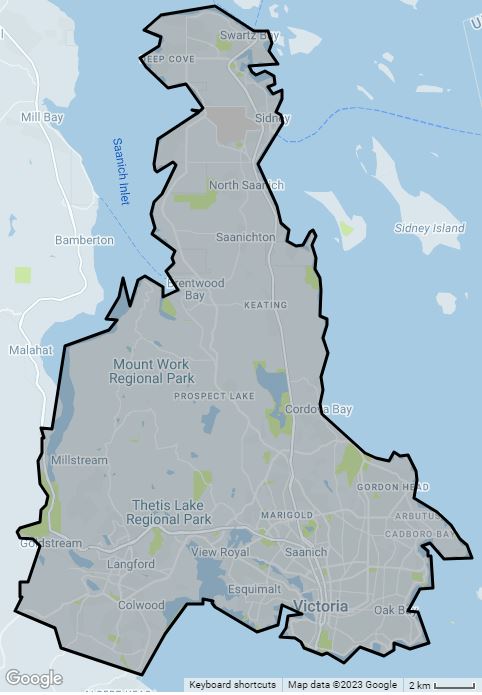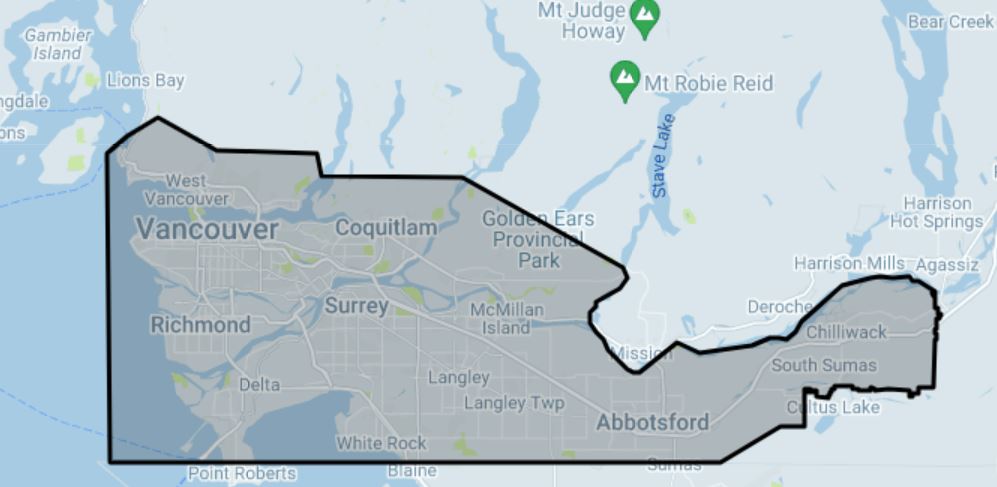It’s official: as of Tuesday, you can hail a ride with Uber in Victoria, Chilliwack and Kelowna.

“Just in time for a busy summer season, we are excited to bring rideshare to more British Columbians,” Uber Canada general manager Michael van Hemmen said in a media release.
“Residents and visitors alike now have a safe, affordable and reliable option to help get them where they need to go, when they need to.”


Victoria Mayor Marianne Alto hailed the service’s arrival in her city, suggesting it was long overdue.
“We are now a very recognizable international destination, and when people came here they were a bit perplexed as to why, with so many other communities being involved with ride-share, we didn’t have it here,” Alto said.

Get breaking National news
“So being able to now introduce this as another option to the other existing ways of getting around Victoria is just a bonus for us.”

Uber and its main major competitor Lyft were first granted the right to operate in B.C.’s Lower Mainland in January 2020.
The U.S.-based company has long sought to operate in the provincial capital and Okanagan’s largest city, but had seen previous applications rejected by the Passenger Transportation Board.
Last August, the company changed tactics and applied to take over the licence of B.C.-based ReRyde, a ride-sharing service authorized to operate in areas outside the Lower Mainland since 2020.
Despite opposition from taxi companies and several home-grown ride-sharing companies, the PTB approved the licence transfer in May which theoretically allows Uber to operate anywhere in the province.

In order to begin operations in most other parts of B.C., however, the PTB says Uber will need to provide the board with three months’ notice.
While considering a licence transfer, under B.C.’s Passenger Transportation Act the PTB is limited to considering whether the applicant is “fit proper and capable to provide the service,” and not whether there is a public need or whether the transfer promotes sound economic conditions in the transportation sector.
The company said as of Tuesday it now operates in more than 140 Canadian municipalities and 10,000 cities around the world.









Comments
Want to discuss? Please read our Commenting Policy first.